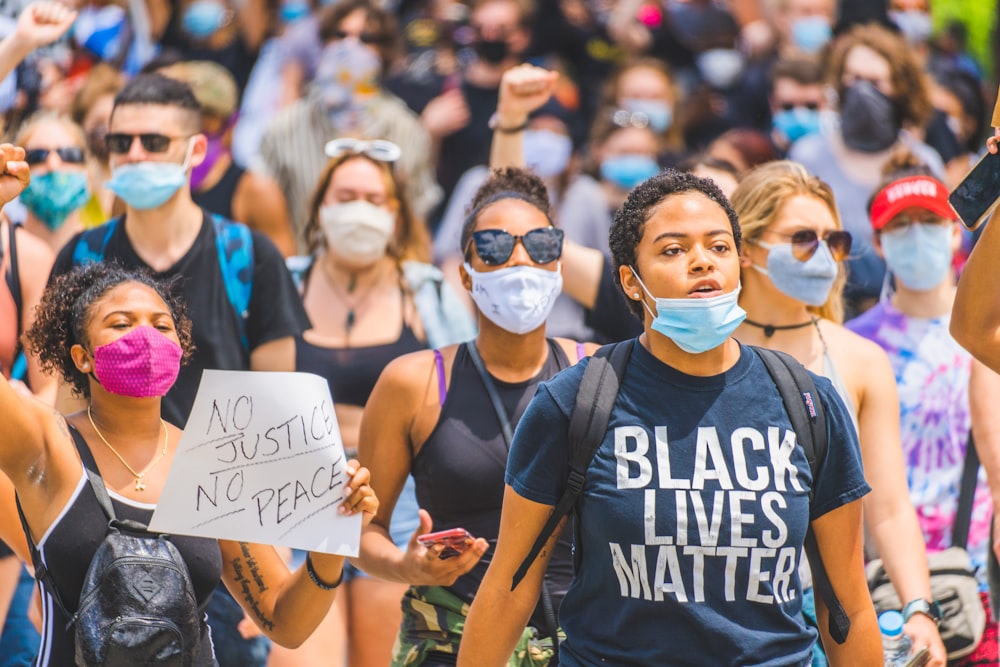The
Cooperation of Societies
The
reptiles and dinosaurs appeared on this planet during the Mesozoic
Age which began some 225 million years ago. They were a durable
bunch and persisted until they were taken out by a visitor from outer
space that made landfall (or sea fall) just off the Yucatan Peninsula
some 65 million years ago. They had a run of almost 200 million
years. They were splendid in their variety and it seems there was
one to fit every niche in the existing ecology. Likely, they would
still be dominant had that asteroid not come to us. It is also
likely that humans would not have risen to the current status had
they survived because they were marvelously adapted to their
surroundings.
But
their demise gave room for mammals to begin their long climb to
superiority. It took another 77 million years for our genus, Homo,
to take root. Through the many permutations of evolution it took
another 7 or 8 million years for our species, Homo Sapiens, to take
root. That is less that 1 million years that our species has existed
out of the 4.5 billion years of the earth.
Other
variations of our family tree stayed in the trees or on the mountains
where the environment afforded some margin of safety. One of the
things that has differentiated our genus from others is the habit of
forming communities. As a matter of fact, one could argue that it is
our reliance on communities that allowed our genus to grow and
proliferate. As far back as anyone can deduce primates have lived in
groups. It is through reliance on those complex relationships that
the group prospers. Those which lose the contact of the group find
themselves in desperate straits because it is nearly impossible to
find protection and adequate food without the group. It was from
such groups that the genus homo began to prosper. First as
opportunists gathering enough food and protection to survive by
taking the leftovers from other animals and the fruit and other food
that nature offers then beginning to use tools and learning how to
use the group to hunt. Other mammals use groups to hunt and maybe
the early proto-humans took an example from that. Whatever the case
they proved to be very good at using the group to make up for the
lack of overwhelming physical characteristics. They went from being
the prey to preying upon other species but no other species
experienced the accompanying growth of the brain. That greater brain
allowed them to devise strategies, develop tools and use fire. As
their diet improved so did the growth of that brain and the genus
homo branched into several sub-species. We are now discovering that
they did not remain separate but interbred and preserved the best
characteristics of each species.
Then
about 10,000 years ago one of the most important events in
evolutionary history happened. The hunter-gatherers learned how to
farm. This meant they could stay in one spot, raise families, build
permanent shelters and develop more complex and larger societies.
The downside to this is that rules became necessary to maintain a
semblance of peace and to distribute the products of their labors.
Millenia passed with rules being made by a strong man, priests and by
inheritance. Godly intervention was sometimes construed to appoint a
person to be the ruler thereby reinforcing the right of the ruler to
dominate. Sometime shortly prior to the third millennium past there
began to arise the thought that people should be able to govern
themselves. Of course, it wasn't for all people and usually didn't
include women. Maybe it was applicable only to land owners or people
of wealth but philosophers had quite a time of it deciding who would
be the righteous possessors of the right to make laws that would
govern all. That was an odd notion and any form of democracy had a
difficult time taking root but still instances occurred that tried
this or that form.
But
then, some 800 years ago some English subjects decided that the King
had too much power and that power included making war which impacted
them directly. They demanded that the King grant some amount of
power to the nobles and such. Of course, the common serf still had
no rights. The King was still allowed to hold power because he was
obviously appointed by God who ordained the right to rule. None of
this allowed the common people to prosper.
It was
into this milieu that the American colonies were formed and it only
took a hundred years or so before they decided they should form their
own societies and their own laws to govern them. Those treasonous
people followed the thoughts of the philosophers of the enlightenment
period and declared that certain rights were endowed by the Creator
whoever that was. Somehow they missed the fact that women and those
enslaved were people so it took a while longer to extend the right to
vote for their leaders.
Since
then it has been almost 250 years and participation in this democracy
is almost universal having been extended to all men, finally all
women and we are still working on making sure that everyone has the
expectation that their votes will be counted.
All of
this leads to the laws that govern us and their purpose. In 1789
after a bloody war with Great Britain our United States of America
was formed with a Constitution enumerating the rights and
responsibilities of citizens. It is worth noting that the prime
consideration and basis for all rights relied on property rights.
This group of laws was created by our legislature and submitted to
the individual states for ratification which was forthcoming thereby
creating a contract between the governed and those who govern. That
contract is still in force having never been negated by a successful
Constitutional Convention.
Over the
decades the courts have held that, according to our Constitution, all
people are created equal and endowed with certain rights. Also that
each person had the right to an expectation of being treated equally
under the law. As populations increased strains began to show in the
fabric of society and our courts have rendered decisions that
impacted interpretations of the intent of our Constitution as the
needs of society grew ever more complex.
Today we
find ourselves in a heated discussion over exactly what the
Constitution intended for its citizens. It is difficult to determine
sometimes since there are conflicts in interpretations. But it is
certain that without rules to keep the peace and prevent disruptions
that would threaten the republic our existence as a free people would
be endangered. Our social contract has held us together all these
years by encouraging cooperation and compromise. Until there is a
successful constitutional convention the contract binds all citizens
of this republic. It seems plain that as population increases and
resources become more precious that a more cooperative nature is
going to be required. Some are resisting this with every fiber of
their being claiming to not be bound by the Social Contract but they
are wrong.
My Take
is that the human race, not just our country, will require more
cooperation and sharing of resources rather than less. Without this
enmity is guaranteed and the republic is endangered.







